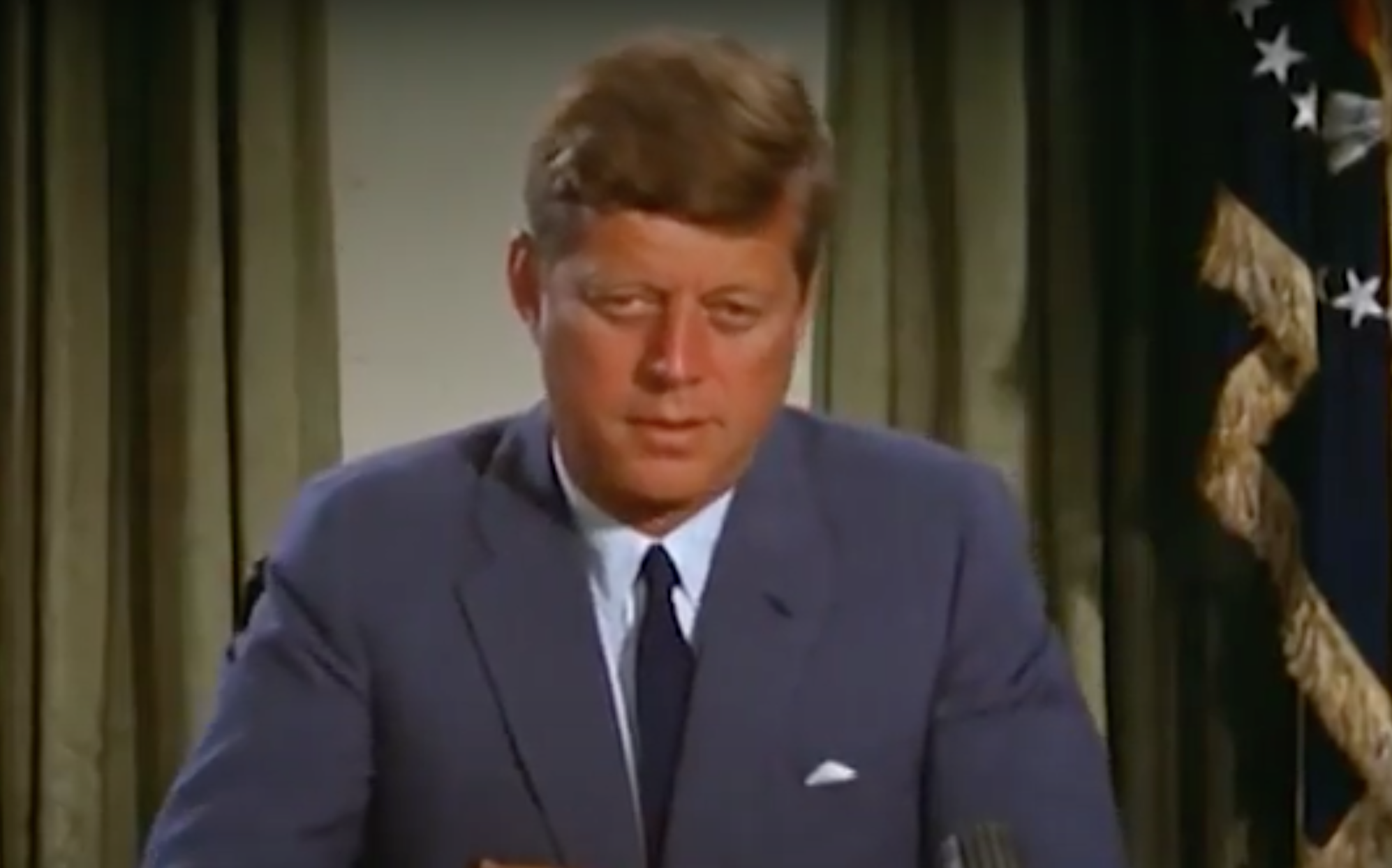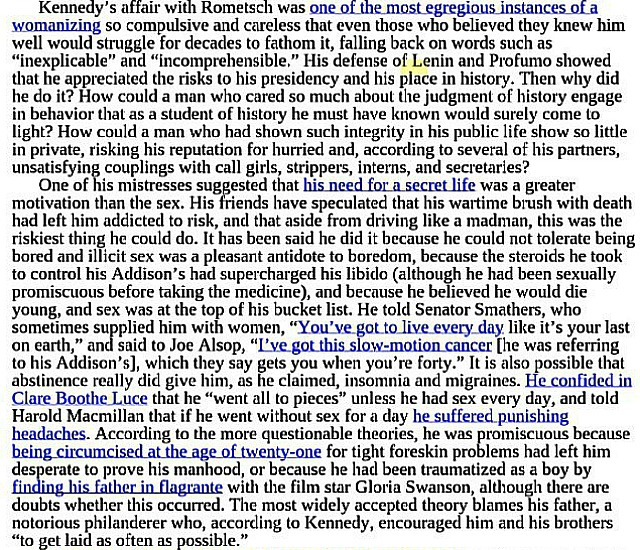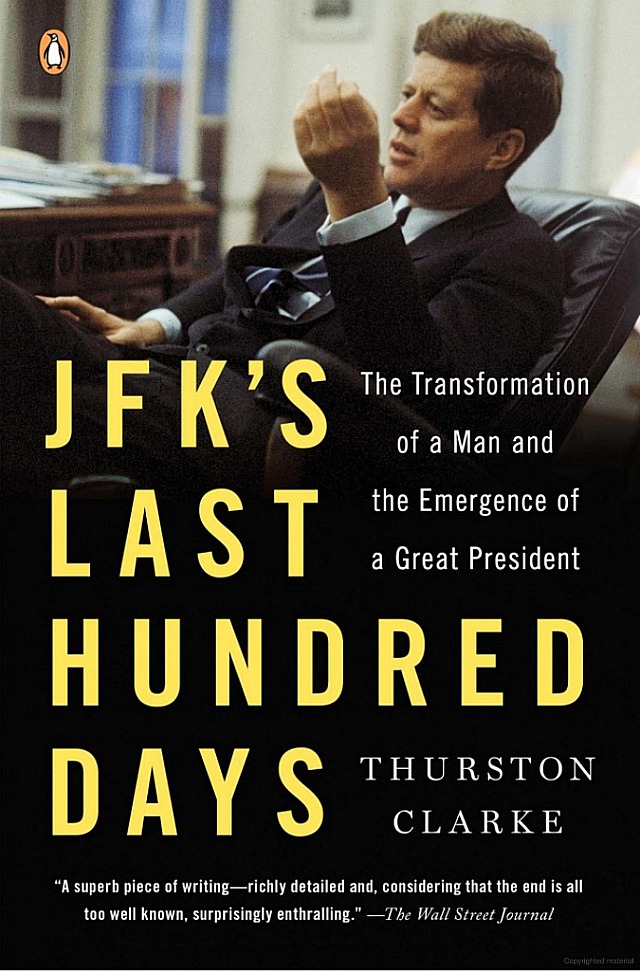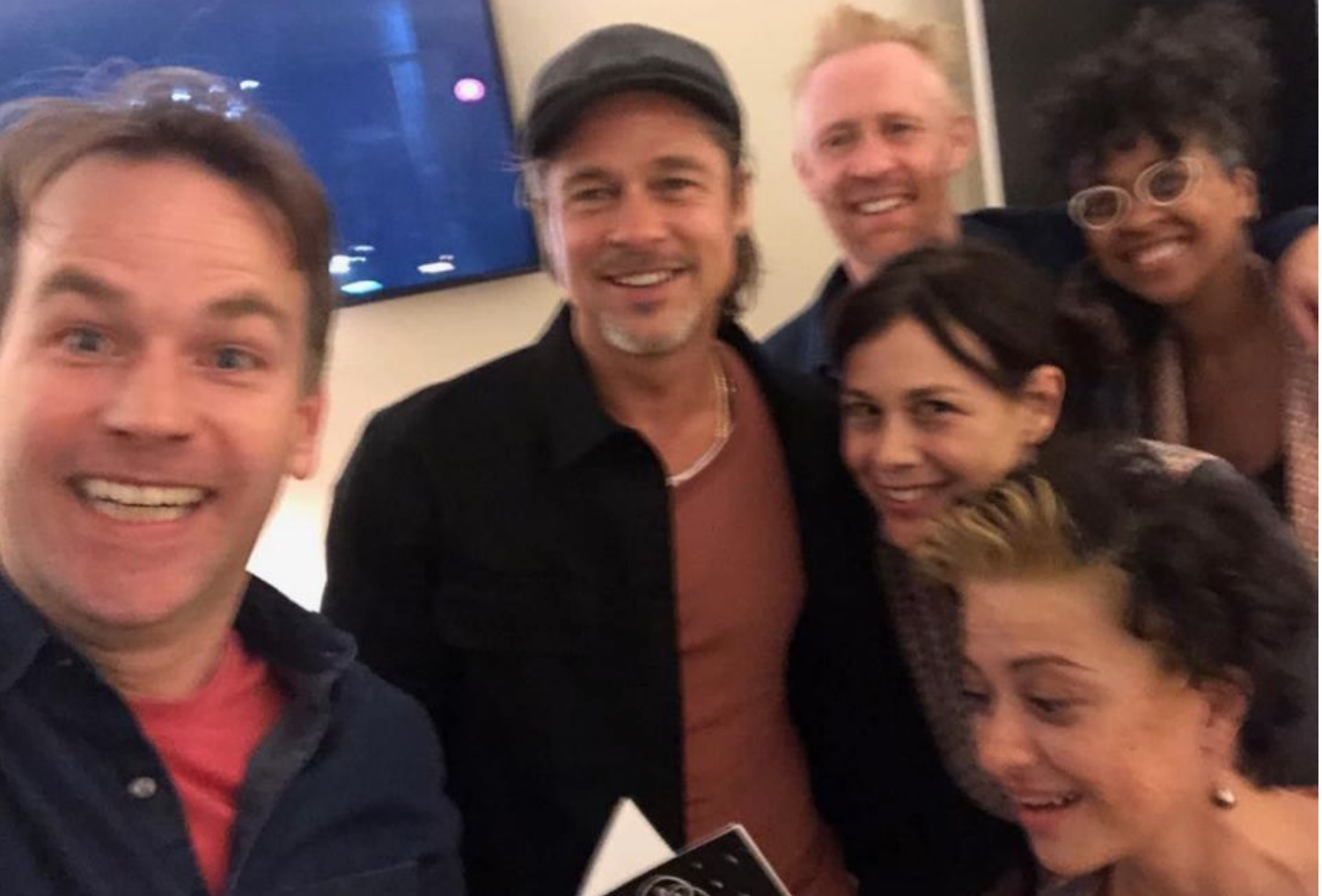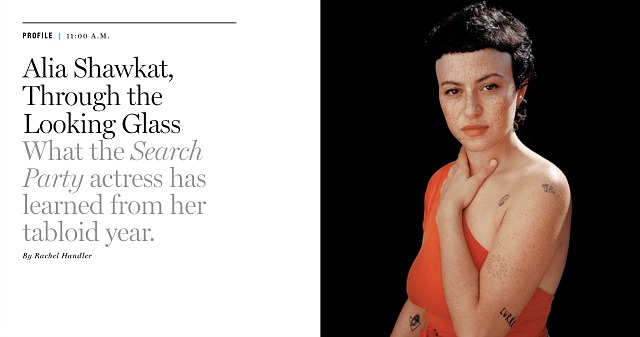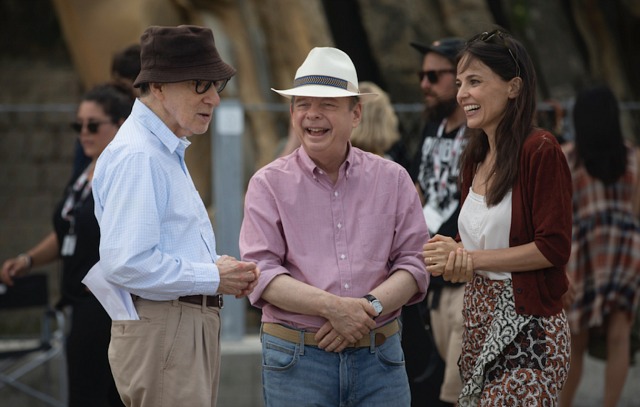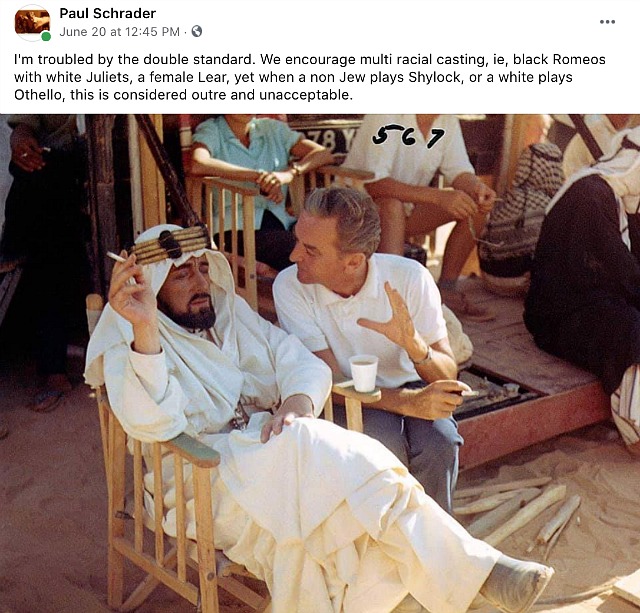Originally posted behind HE Plus firewall on 11.21.18: Sometime in ’75 or ’76 a dispute about character and responsibility arose between myself and cartoonist-musician Chance Browne. It stemmed from an accident that happened on a wooded hilly area near the Wilton reservoir. Here’s an account that I believe to be honest and reasonably thorough:
Chance, myself and a likable, somewhat eccentric fellow named Mike Connors (currently living in Madison, Wisconsin) were hiking around the reservoir for some reason. Early fall, pleasant weather. Our nature-tripping motive may have had something to do with Chance having recently bought (or been gifted with) an expensive pair of big binoculars, or nothing to do with this — I can’t recall. But he definitely had them looped around his neck.
I distinctly recall singing Jimmy Cliff‘s “The Harder They Fall” as we strolled around, and Connors joining me at one point. A nice settled vibe.
We eventually rested on a fairly steep hillside. Surrounded by pine trees, pine needles covering the ground. Chance was lying directly in front of me, and Connors was off to my right, occupying roughly the same lattitude. Chance appeared to be napping, but I knew he was just resting his eyes.
The binoculars were resting on Chance’s chest, but the strap wasn’t around his neck. Being the perverse type, I saw an opportunity. I grabbed a longish stick (a sturdy, not overly brittle portion of a tree branch) and leaned over and very carefully hooked the binocular strap with the stick and slowly lifted the binoculars off Chance’s chest.
Connors was watching with amusement. Chance had opened his eyes and was definitely aware of this — he was intrigued with how I’d managed to hook the strap extra gently and just so, and was now about to take possession.
Snap! The stick broke and the binoculars tumbled off Chance’s person and rolled down the hill, which was angled at a good 45 degrees. They rolled and dropped out of sight so quickly we barely had time to react. “There goes $200 fucking dollars!” Chance cried out. We all got up just in time to see his prized possession crashing into a ticket of vines and leaves and fallen branches below, and for all we knew further down the hill and into the water.
Chance angrily told me to retrieve the binocs. For some reason Connors joined me. Chance was yelling at both of us. I naturally felt guilty but not entirely since Chance had gone along with my looping the binocular strap, etc. Connors and I ass-crawled down the hill (it was too steep to stand up) and searched high and low. Alas, to no avail. We looked and looked and looked, but the abyss had swallowed the binocs whole.
Chance told me a while later that he could tell Connors and I were laughing as we scrambled down the hill. I was sorry but I couldn’t help it. Chance had told us how expensive they were so how could we not? Naturally I was doing everything I could to suppress my mirth, not wanting to anger Chance further. I certainly made no sound.
“How could you tell we were laughing?”, I asked. “I could see your shoulder blades moving,” he said.
The next day Chance insisted that I replace the binoculars. I said I felt guilty but that it was half his fault because he didn’t stop me. I added that it wasn’t my intention to send the binocs down the hillside, and that the stick, which again was not dry and brittle but greenish, had snapped of its own accord.
My basic response was that the incident was “an act of God.” I told Chance I was willing to go halfsies ($100) but I didn’t feel wholly responsible. We argued about it but I held my ground, and eventually he dropped it.

